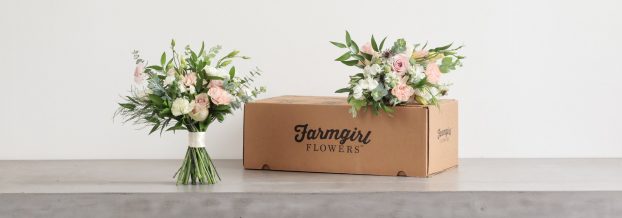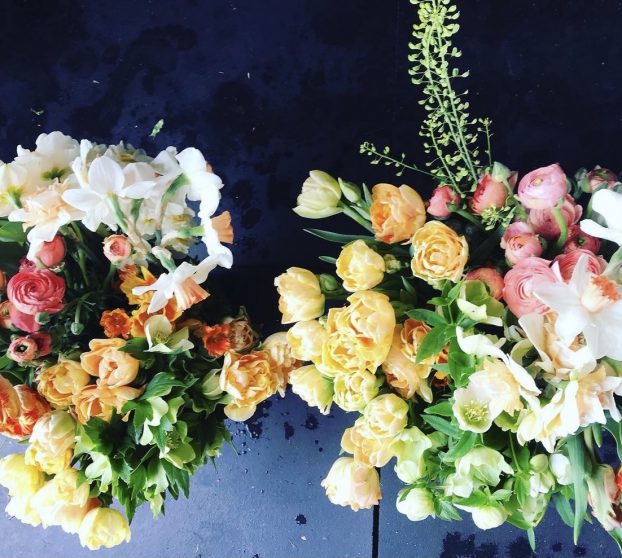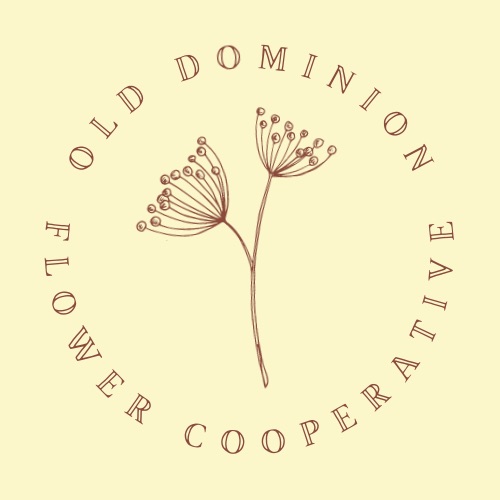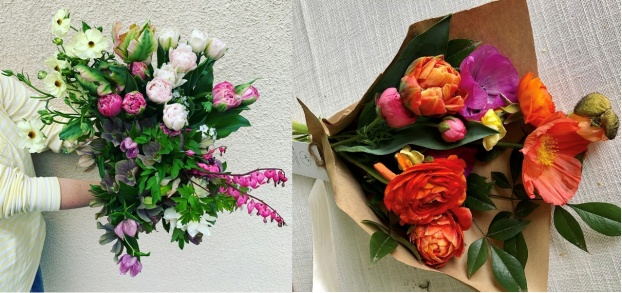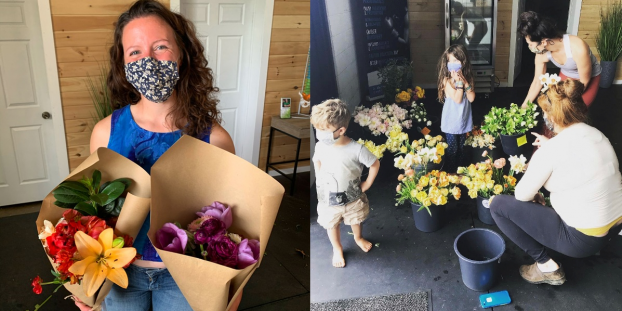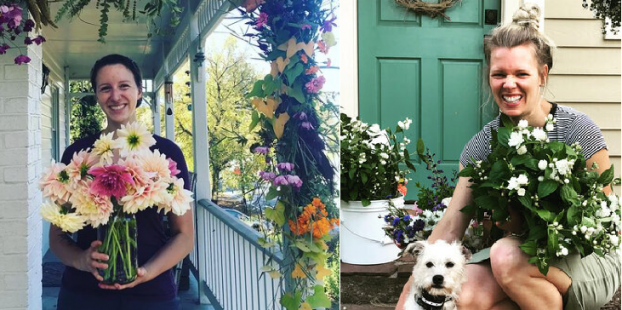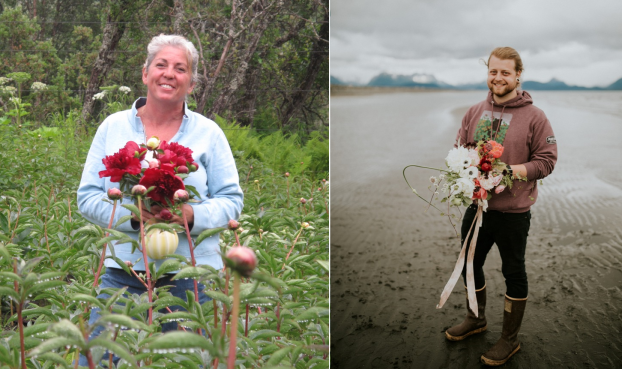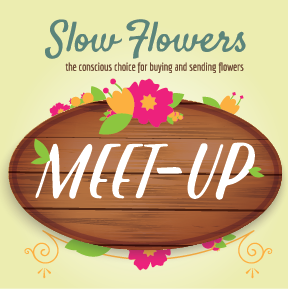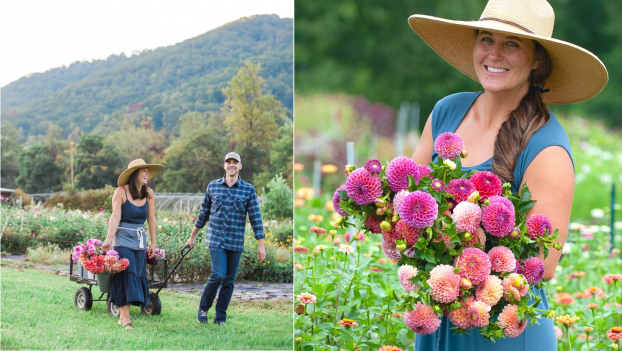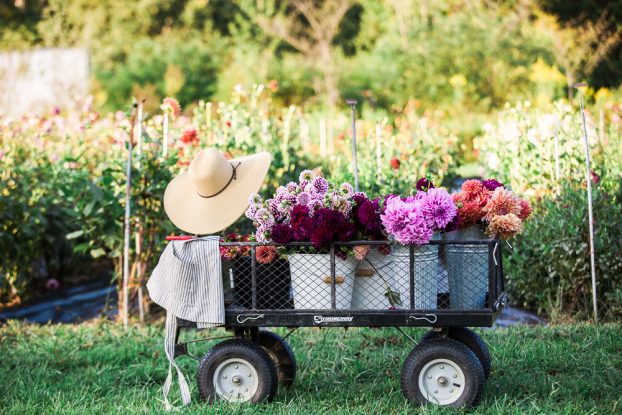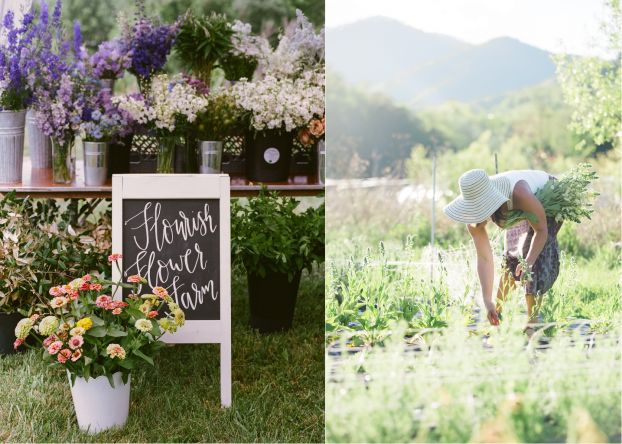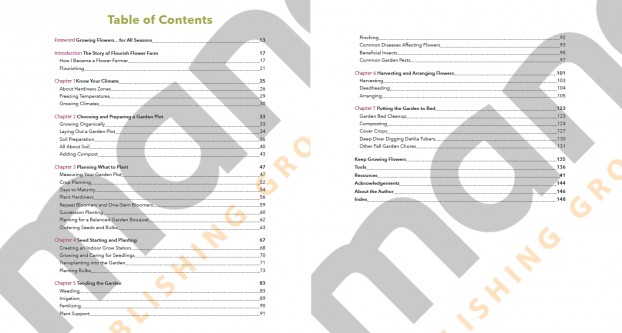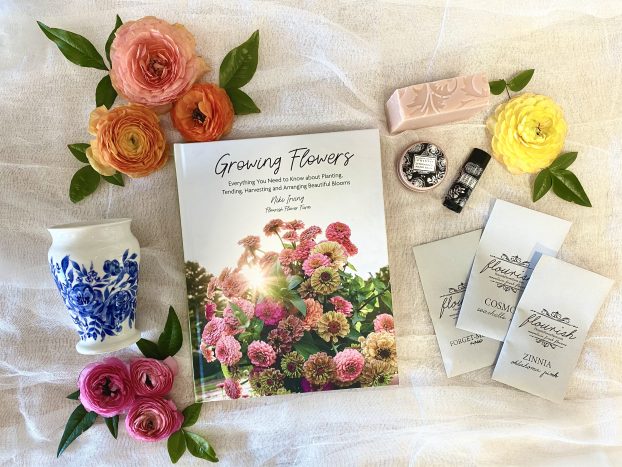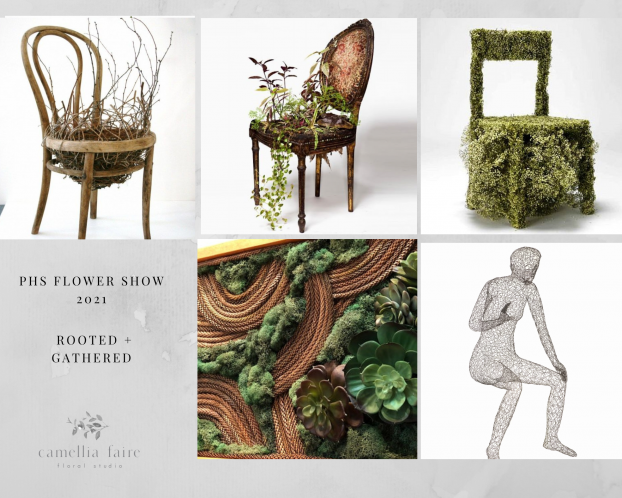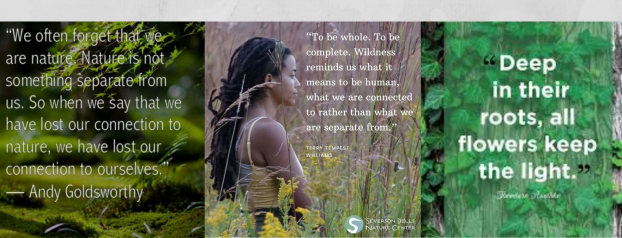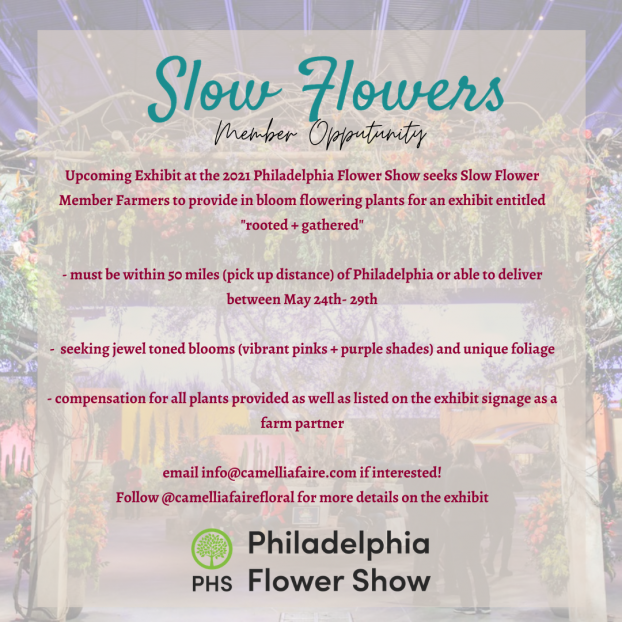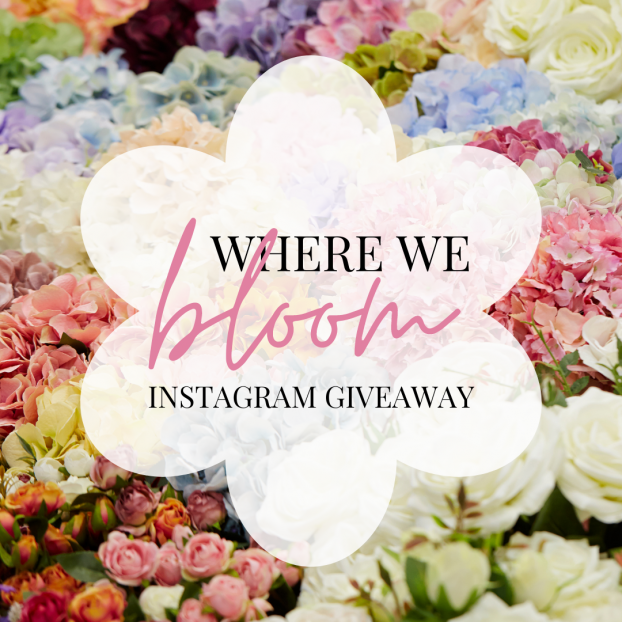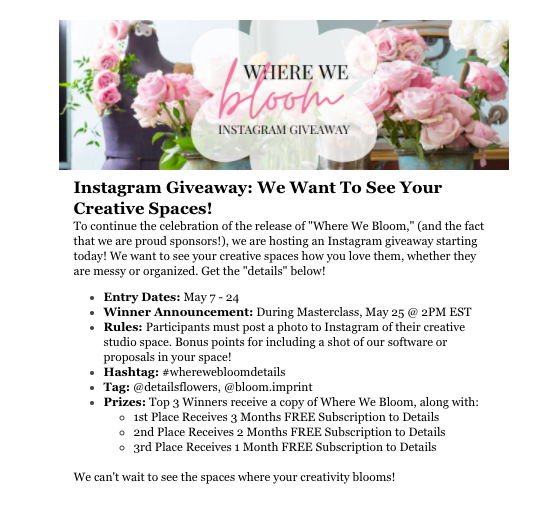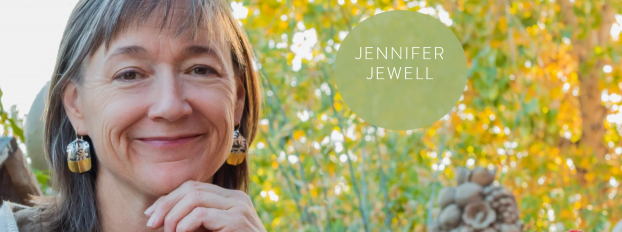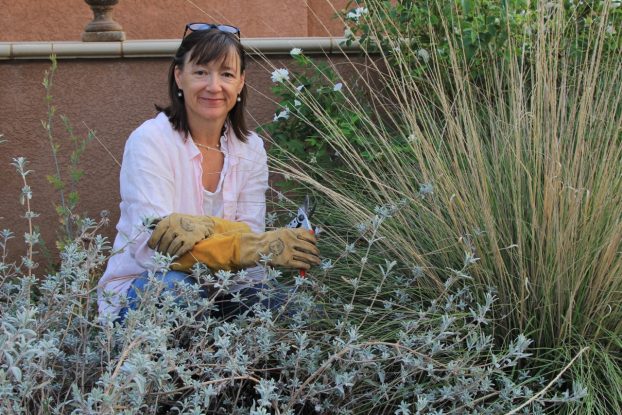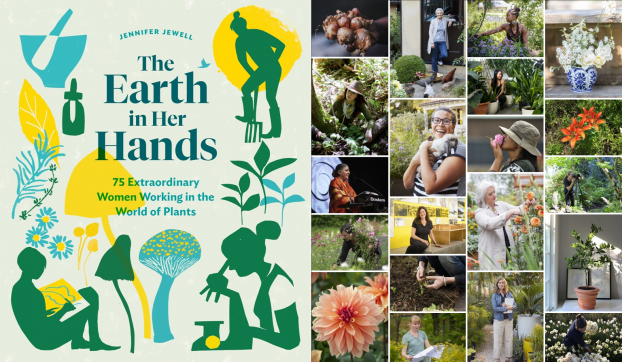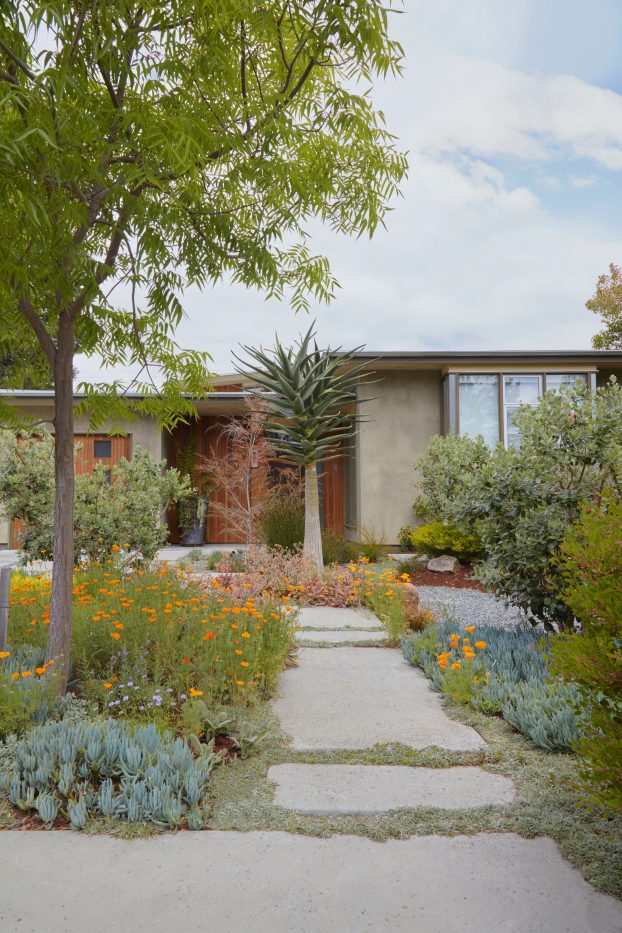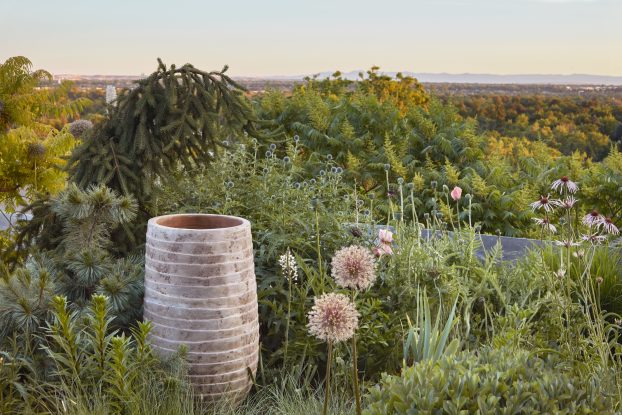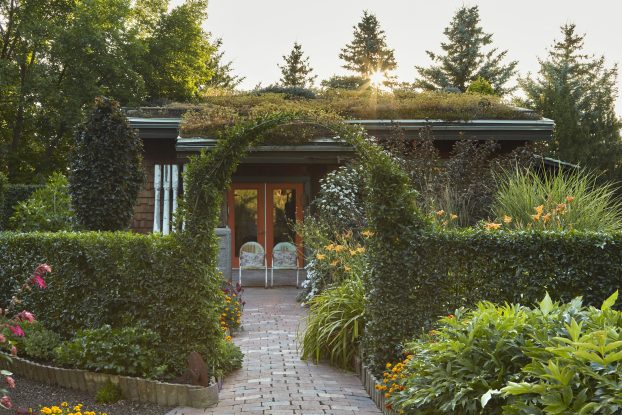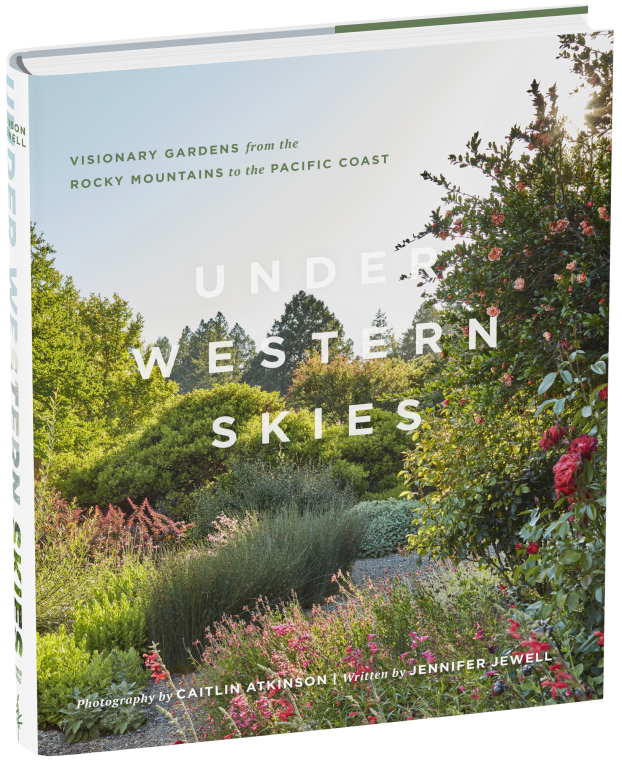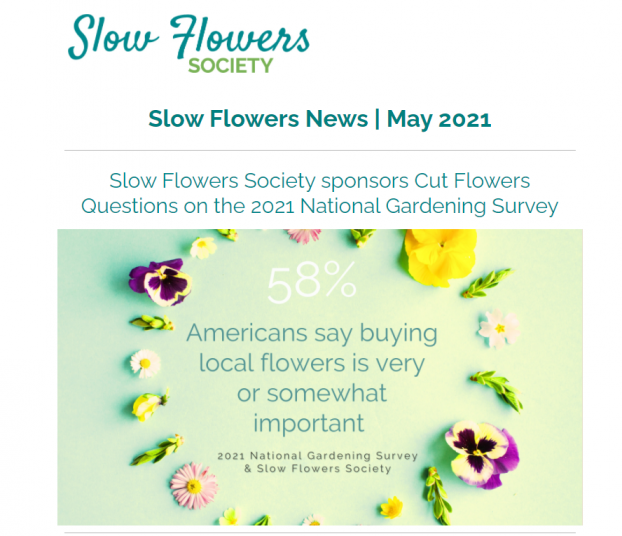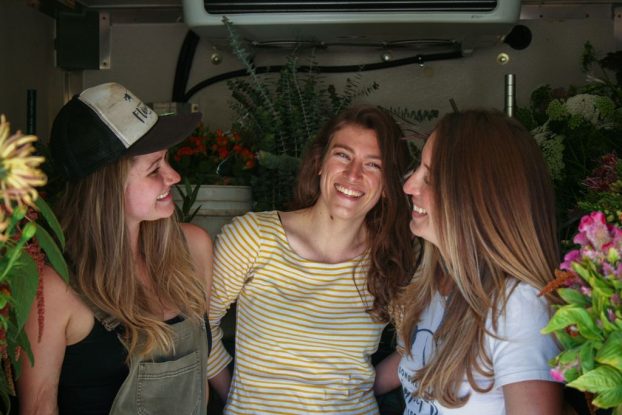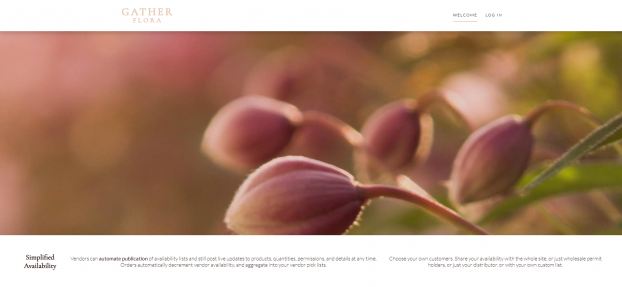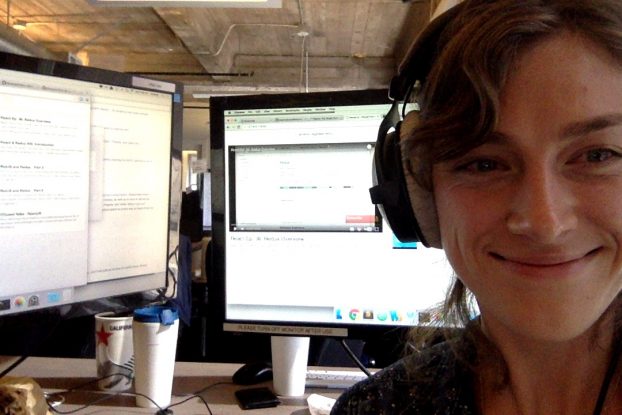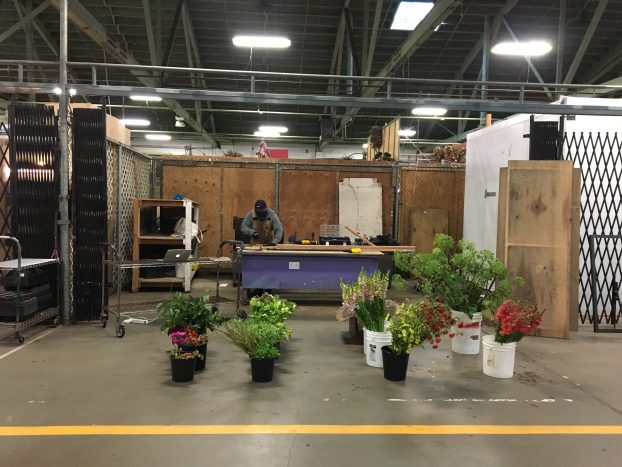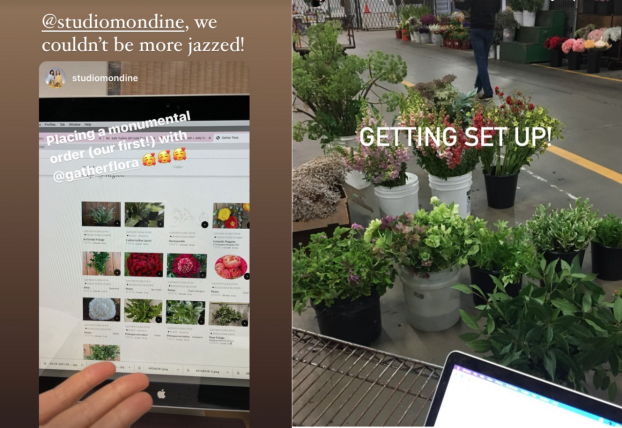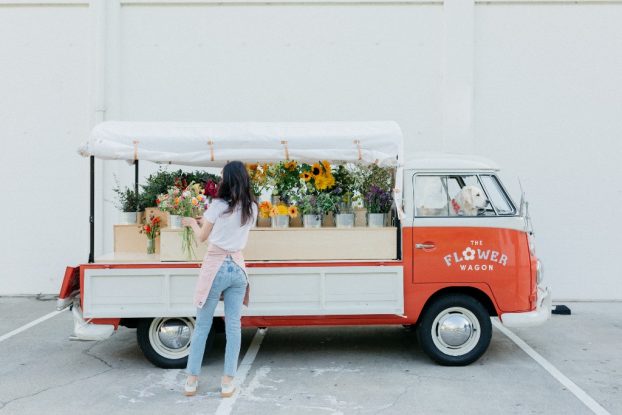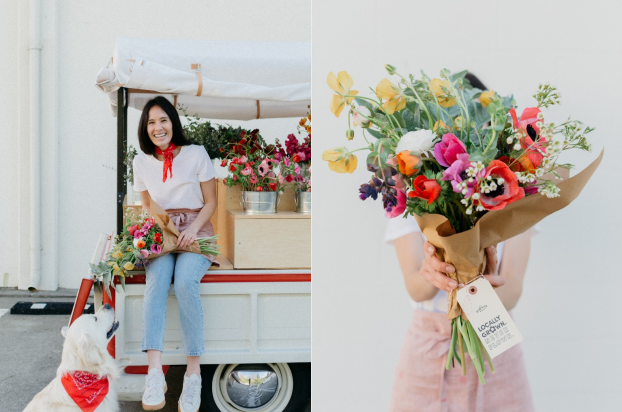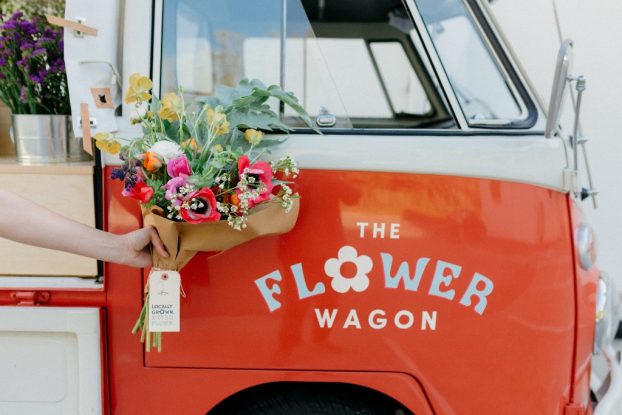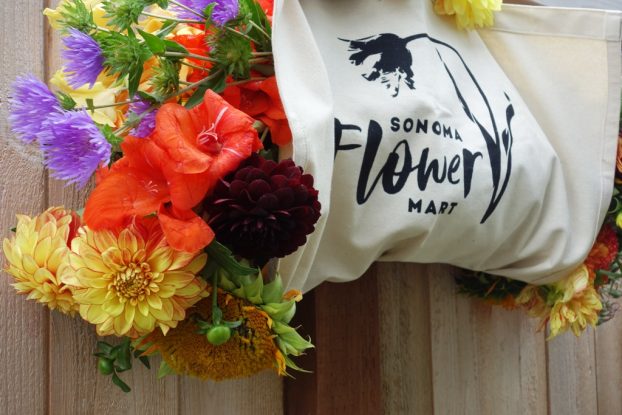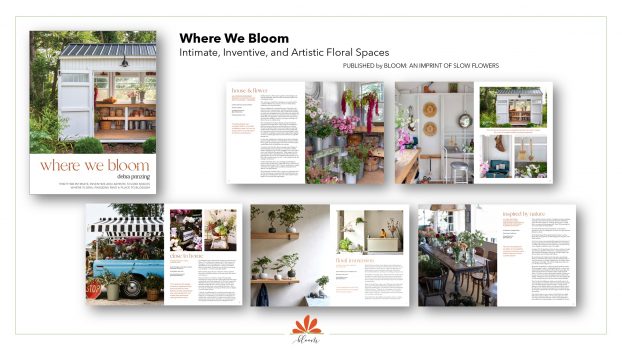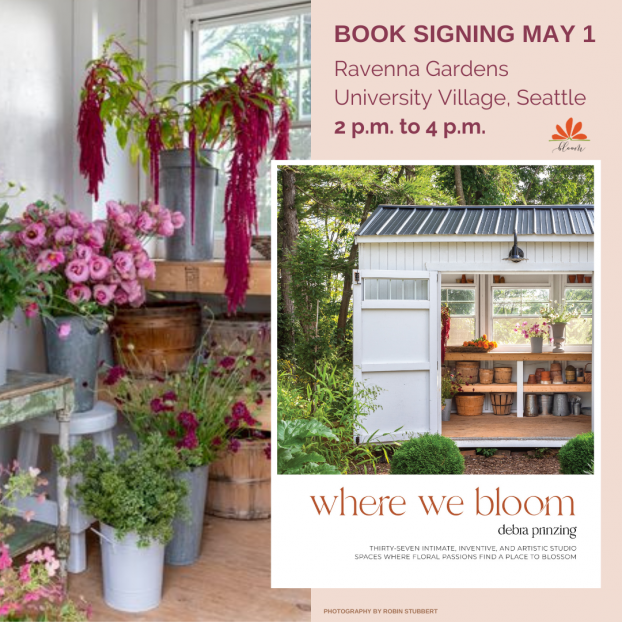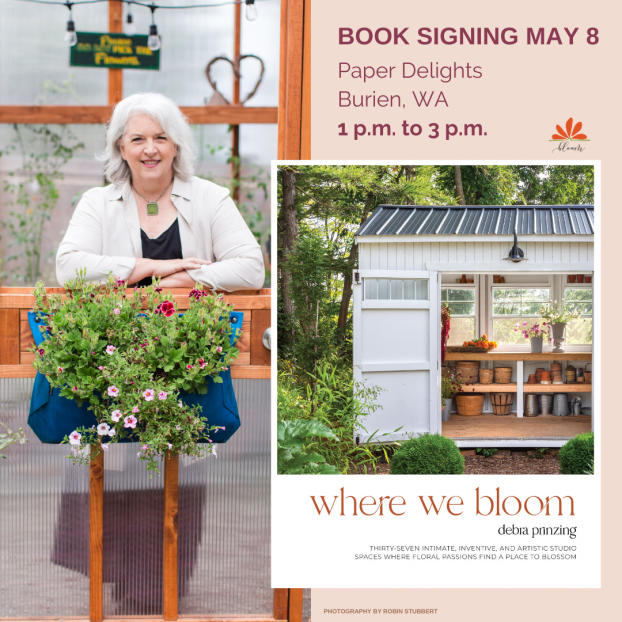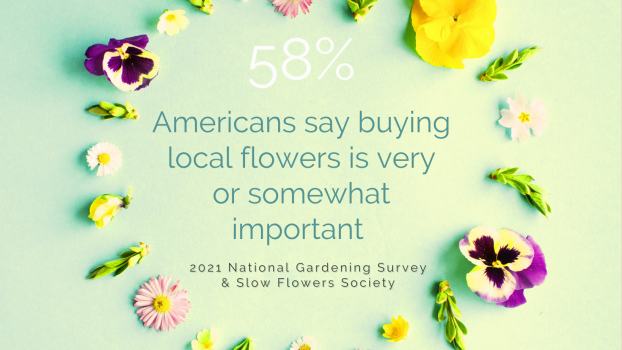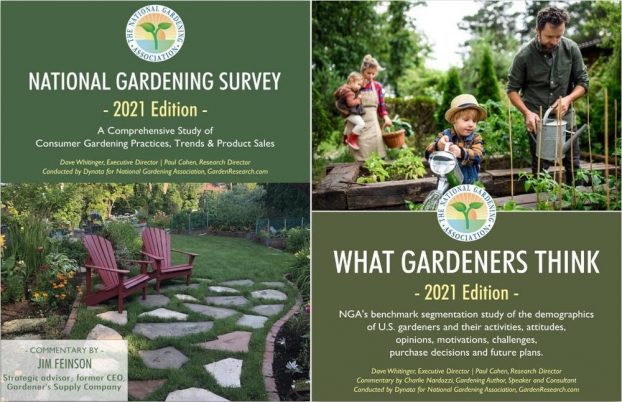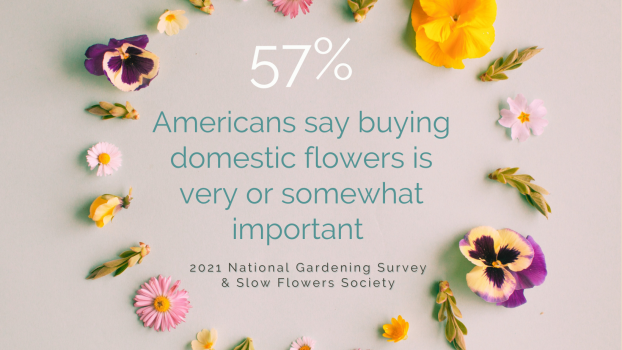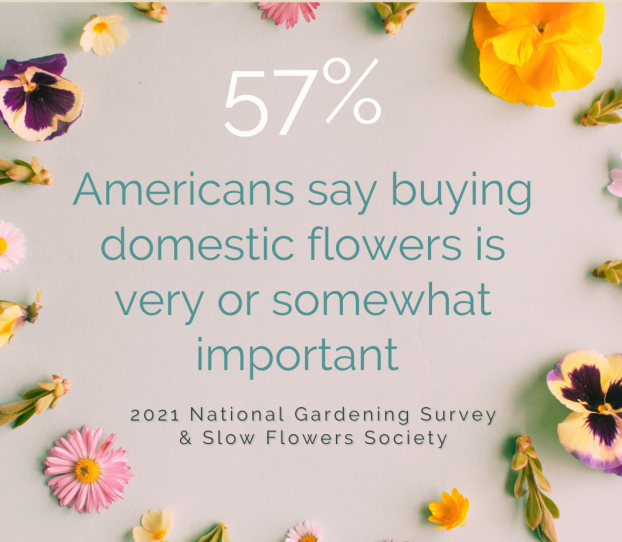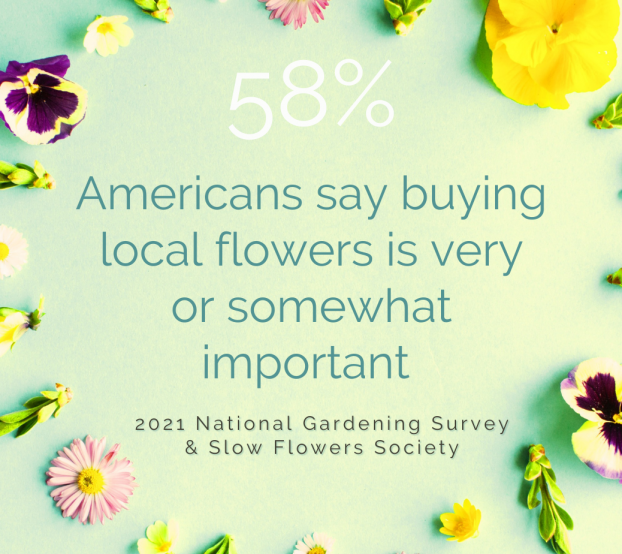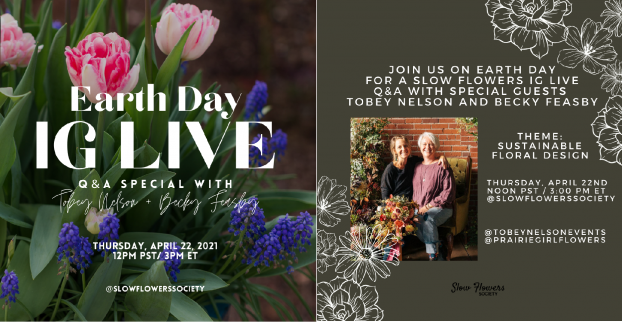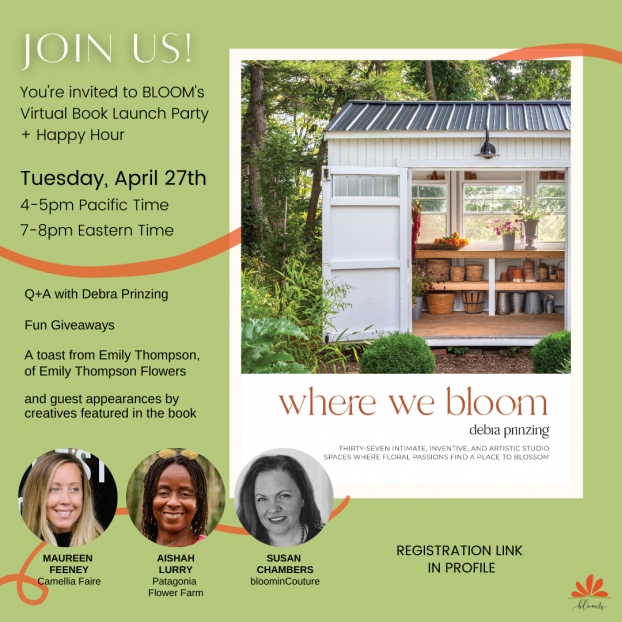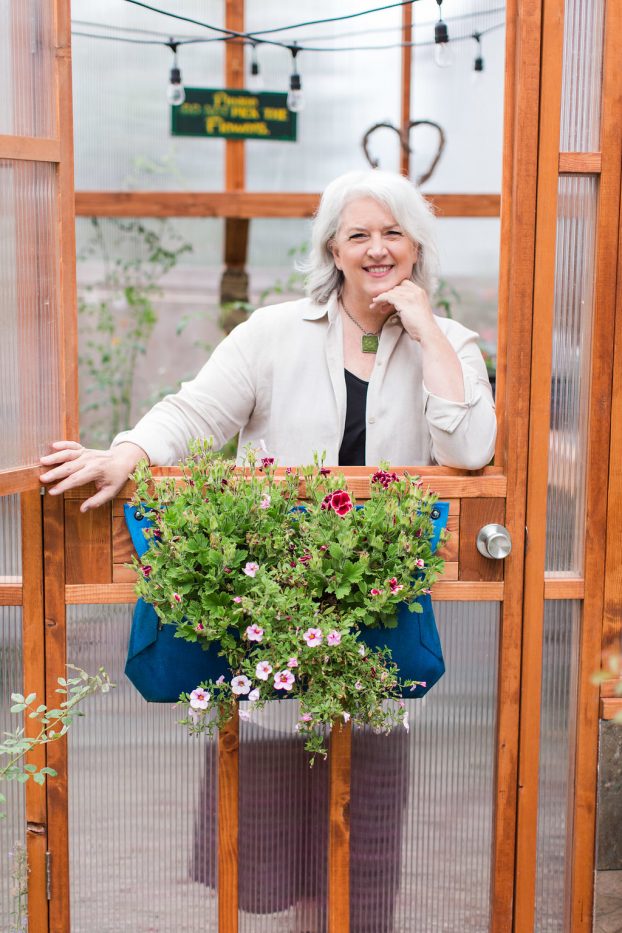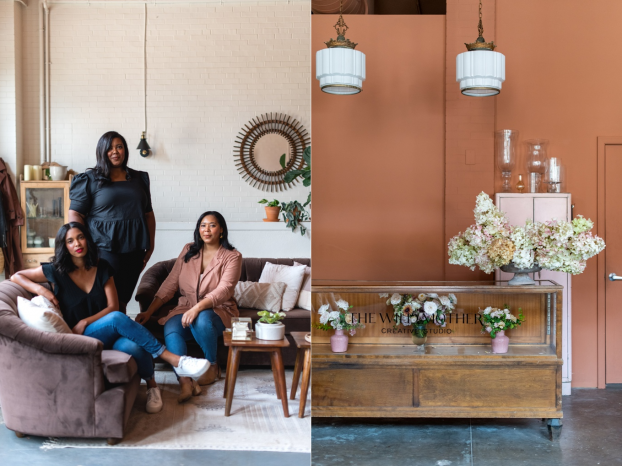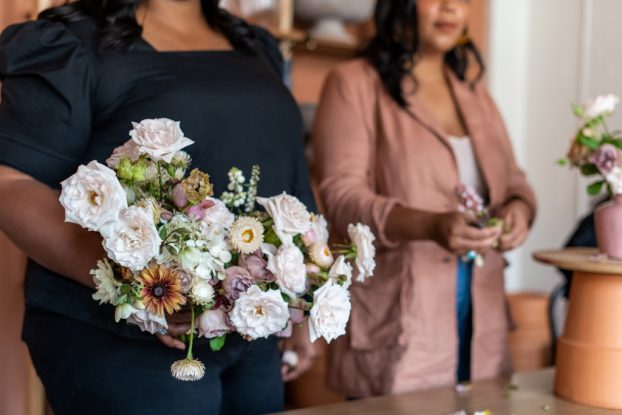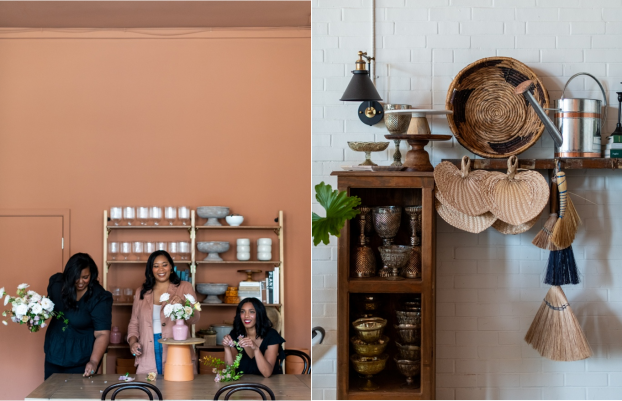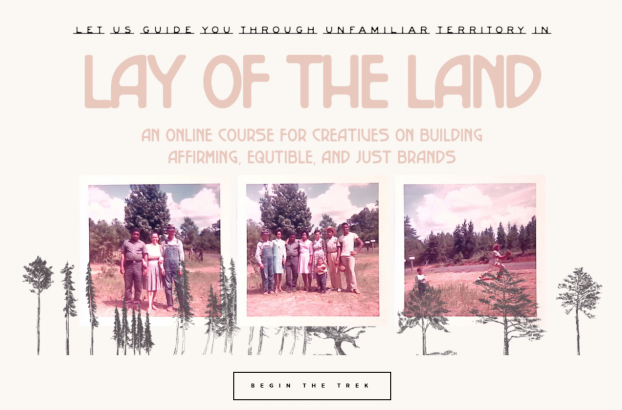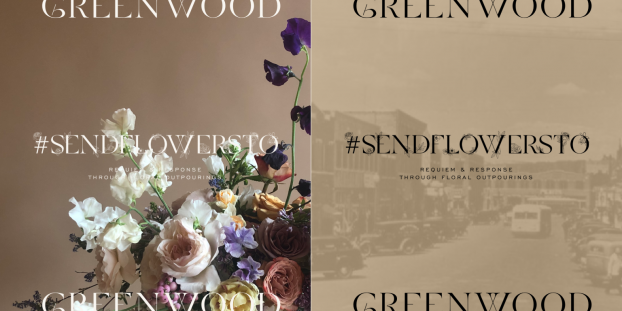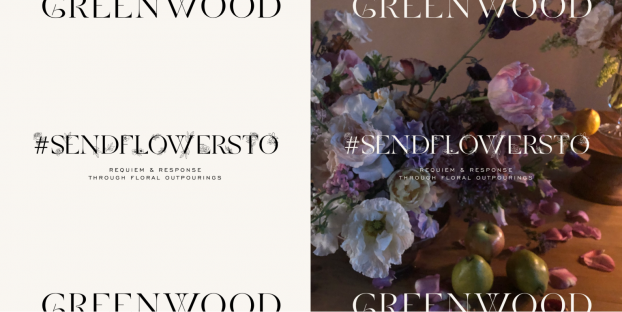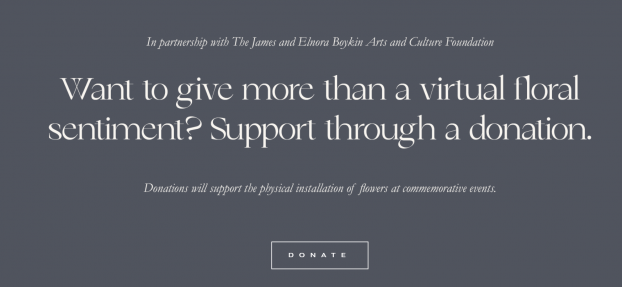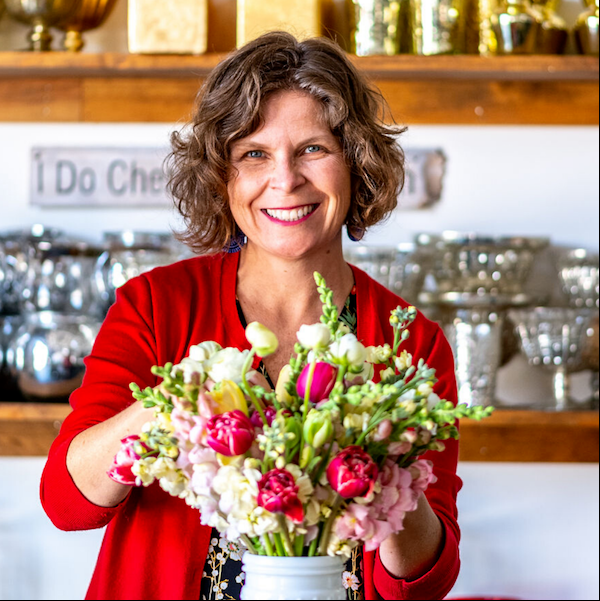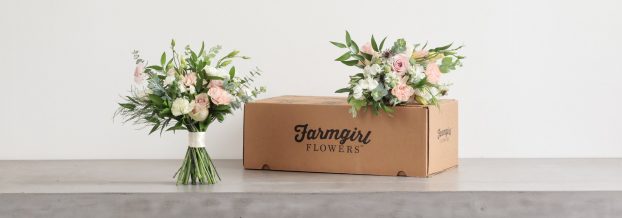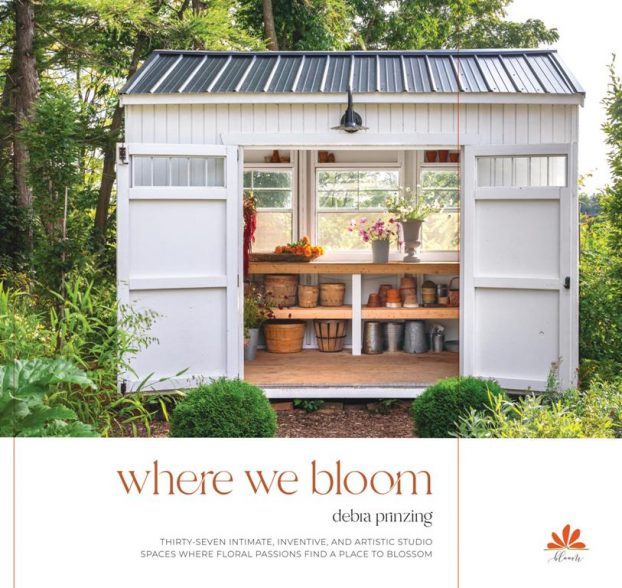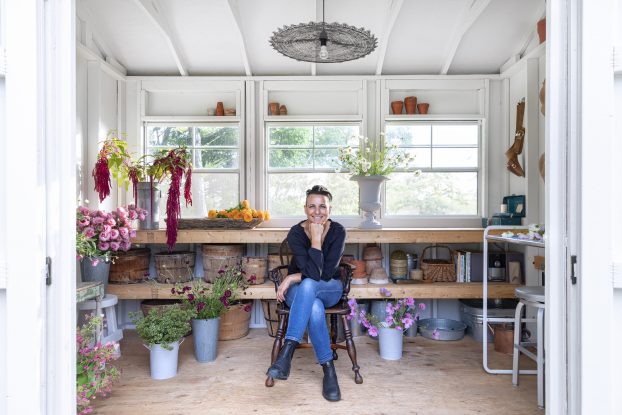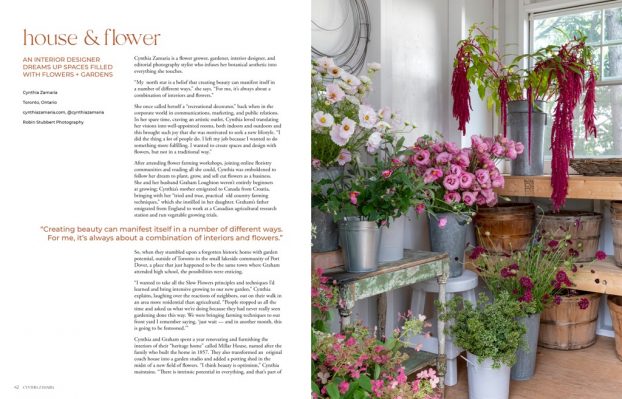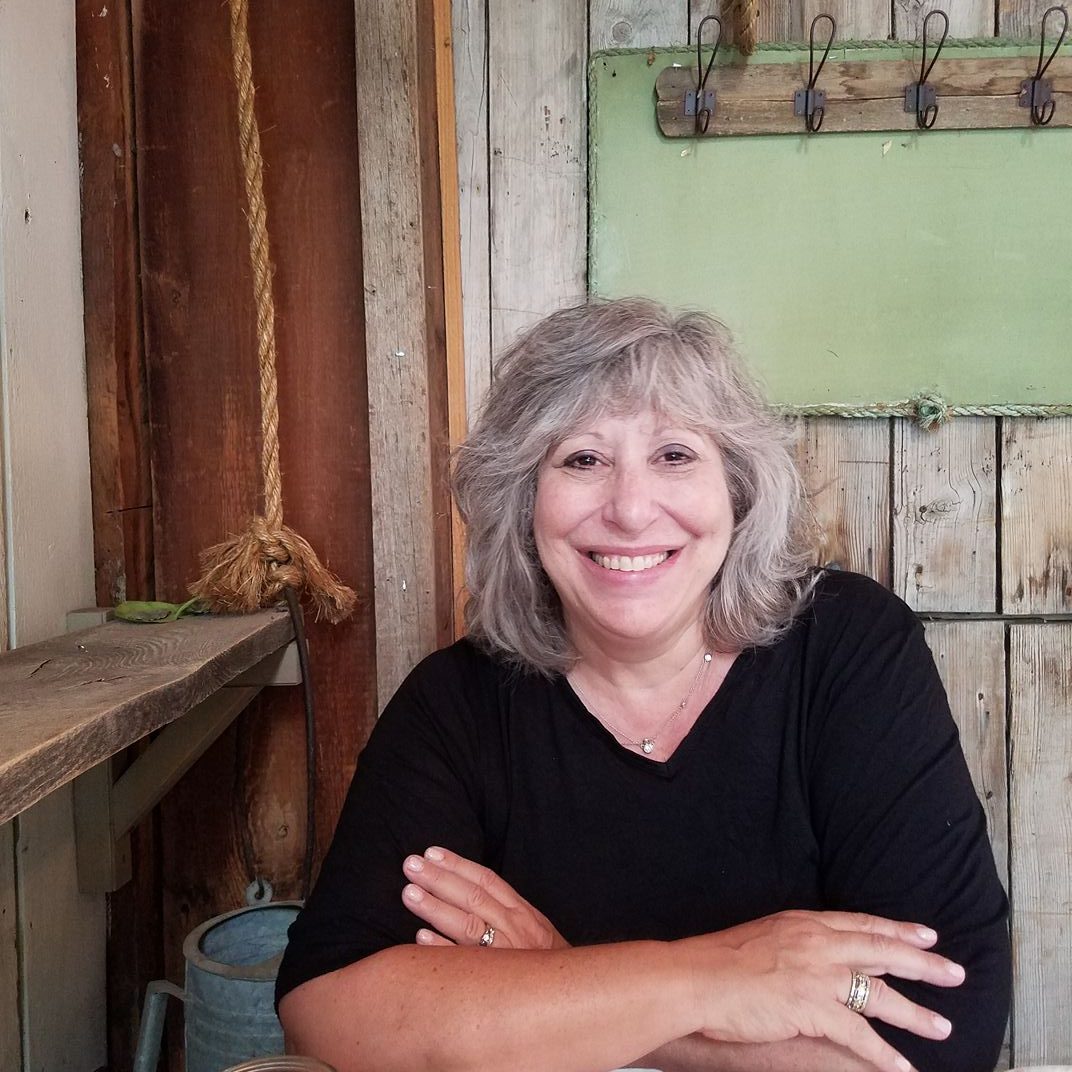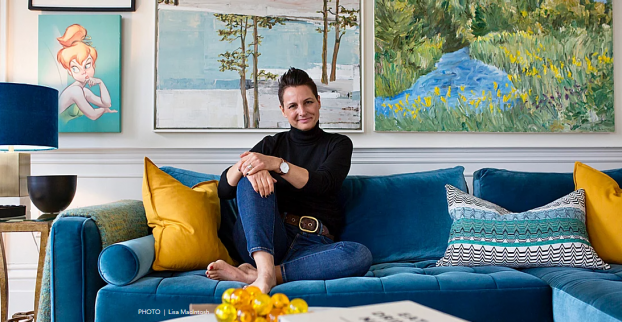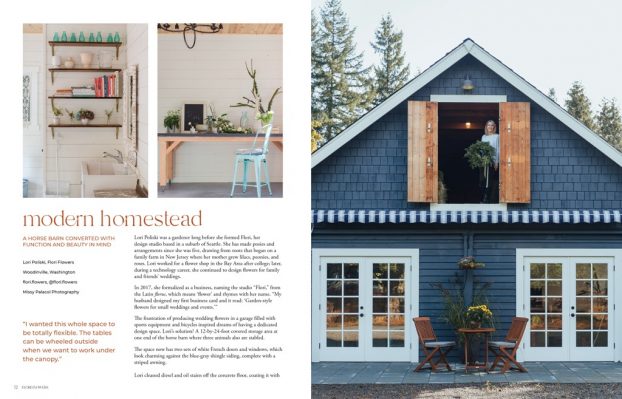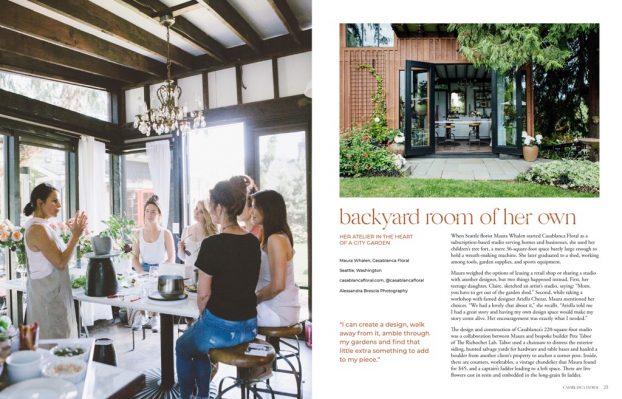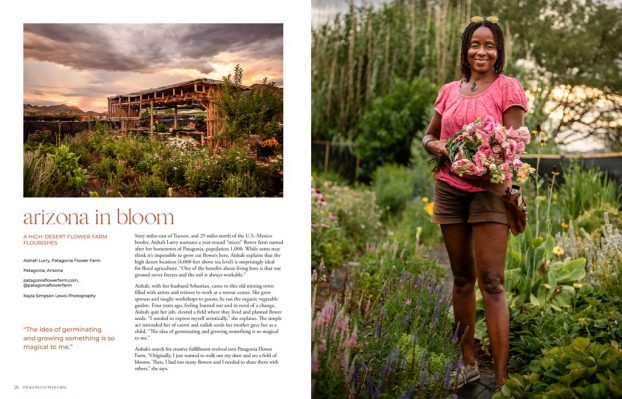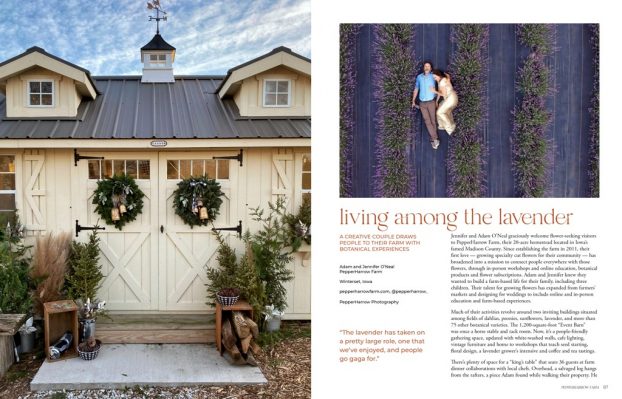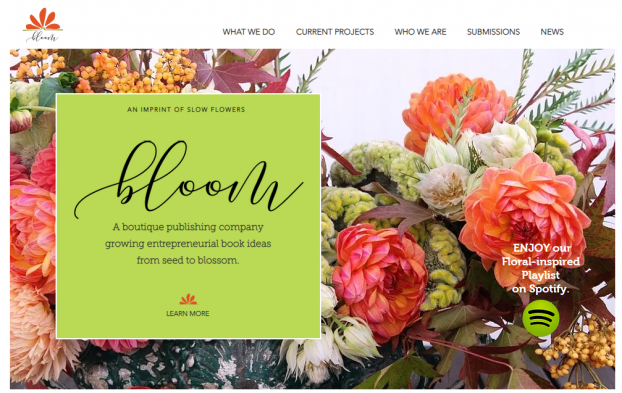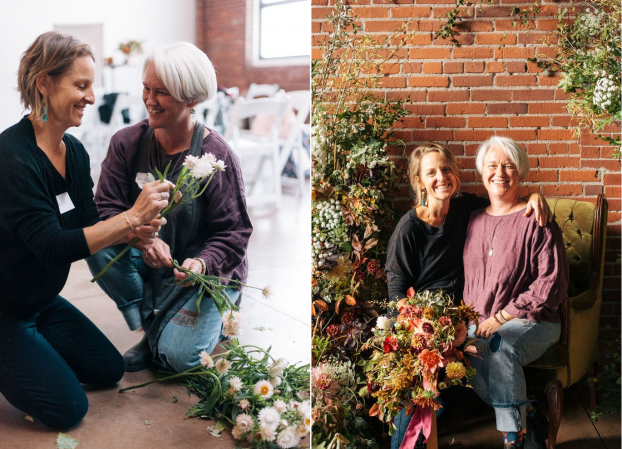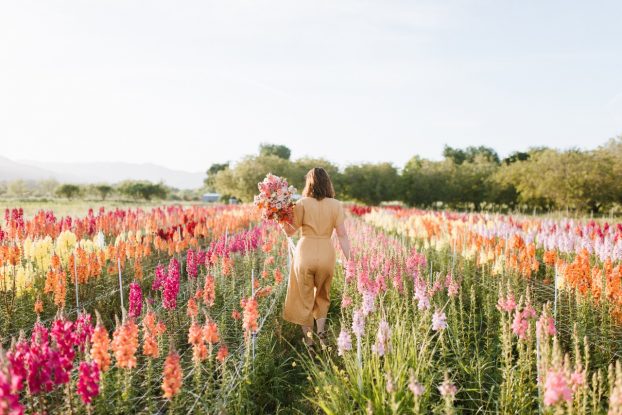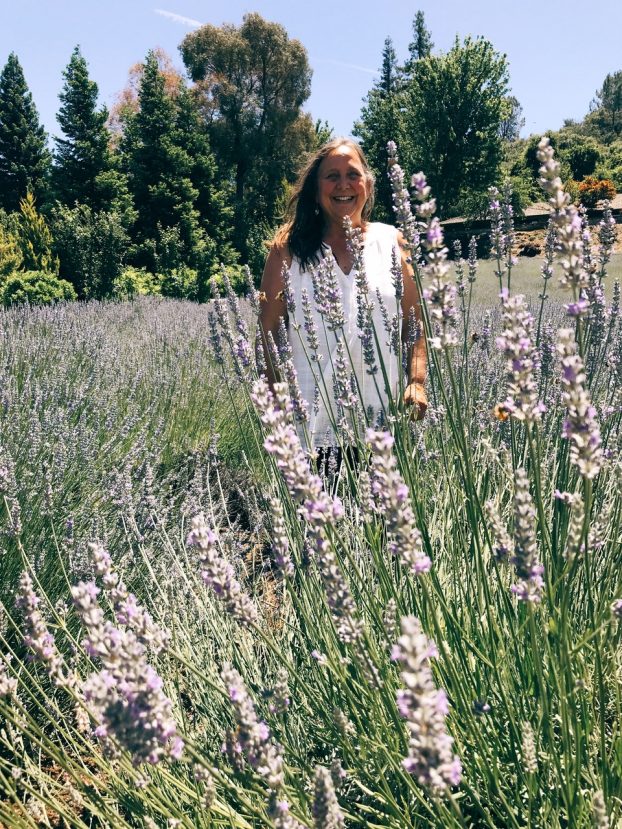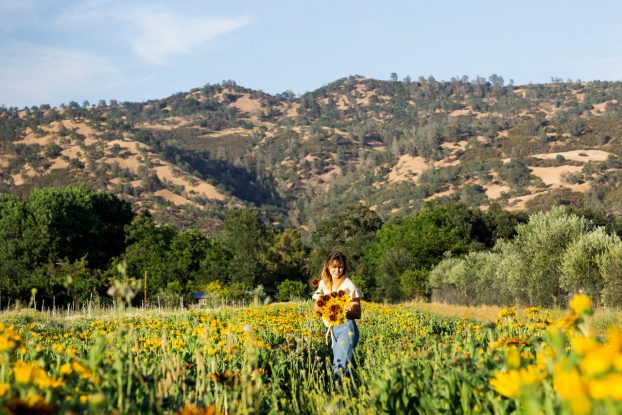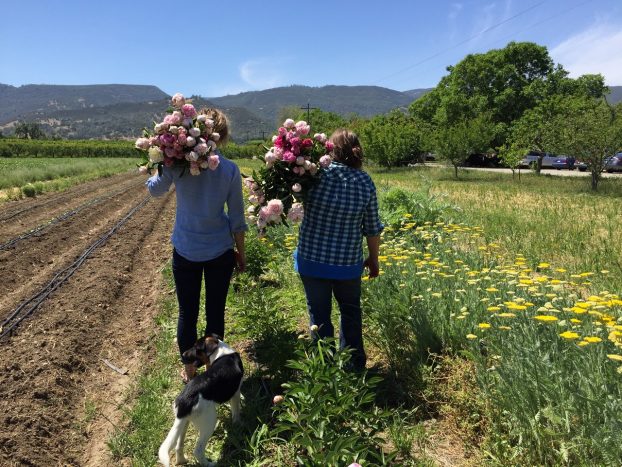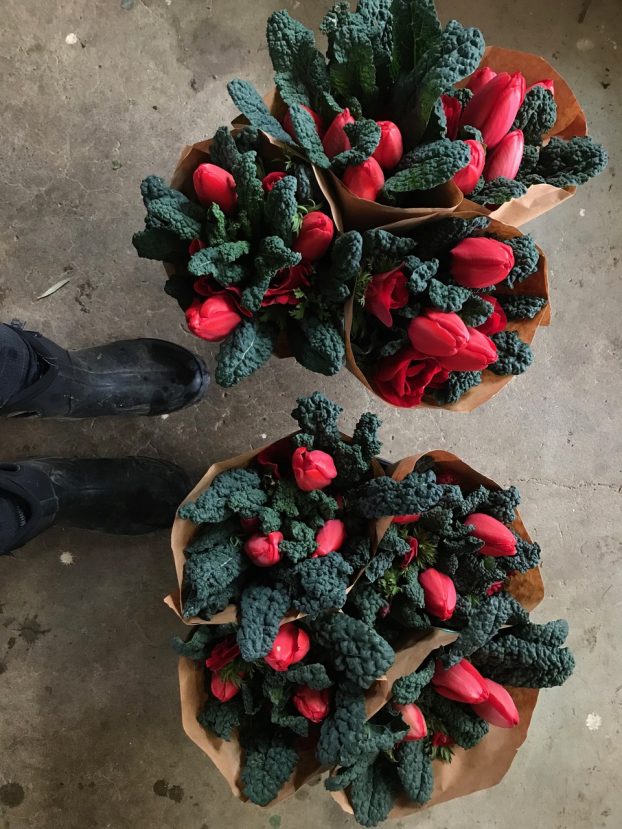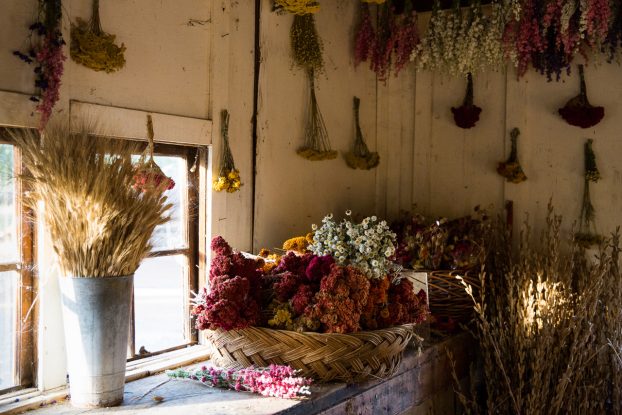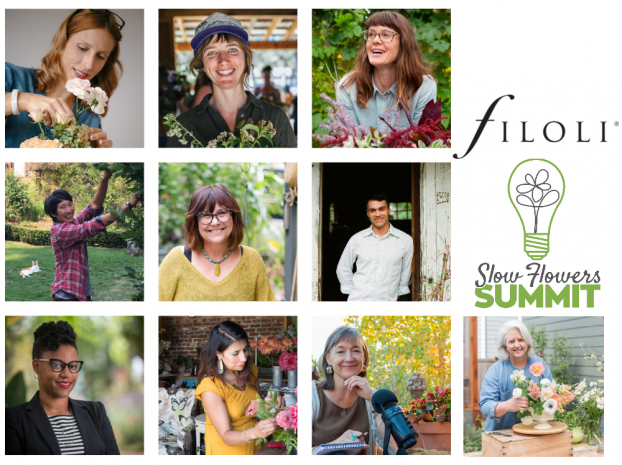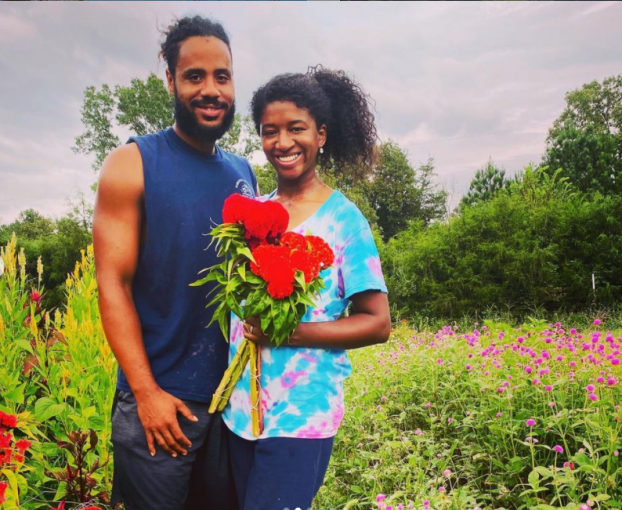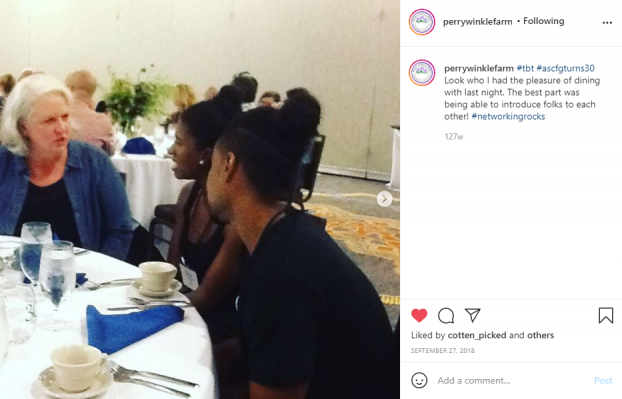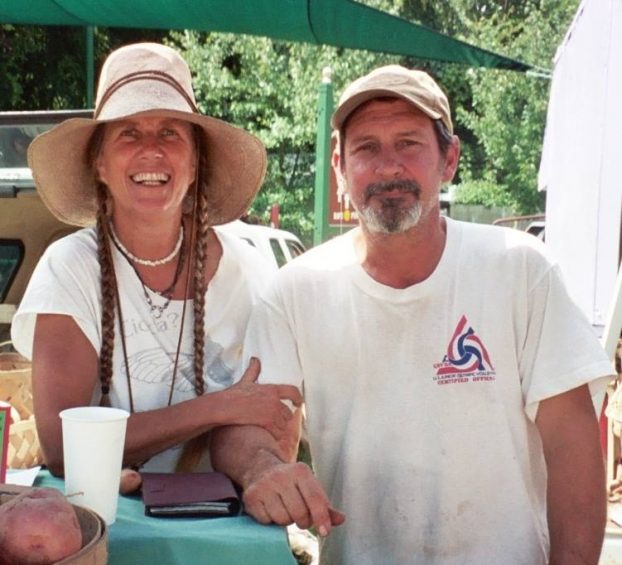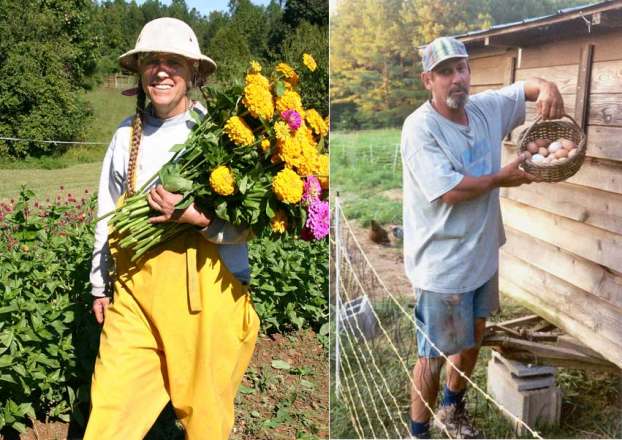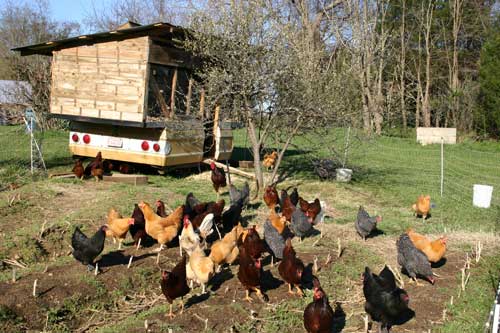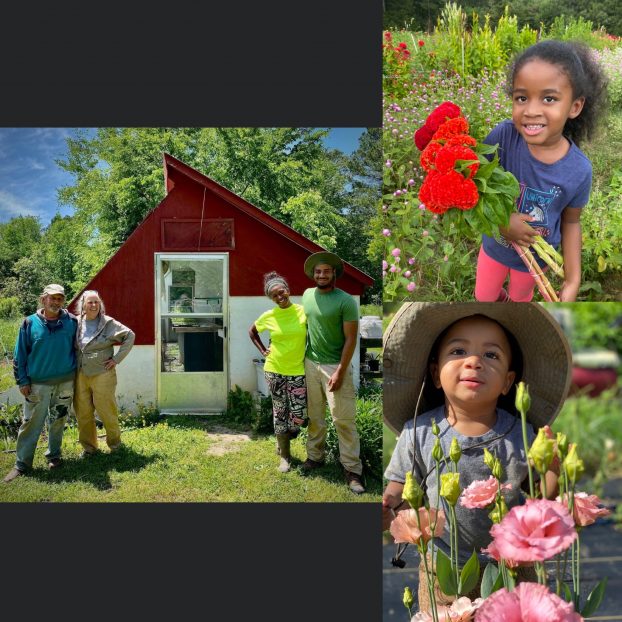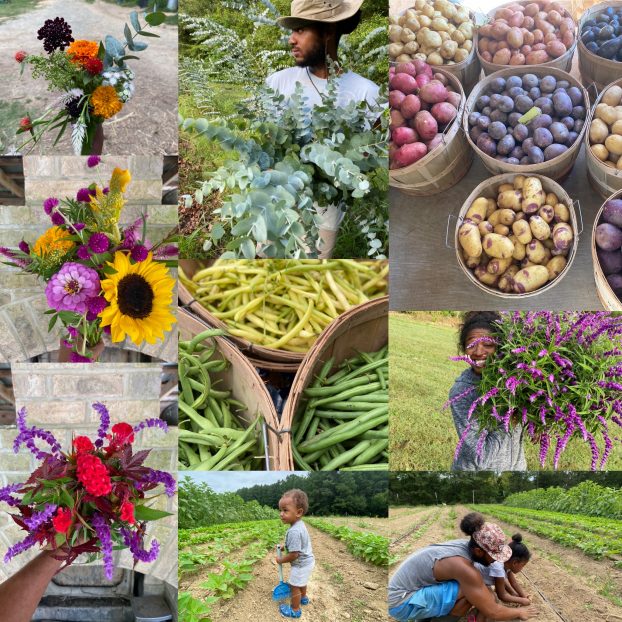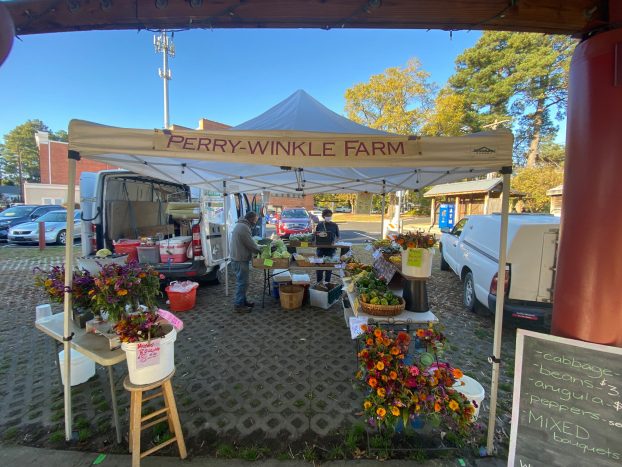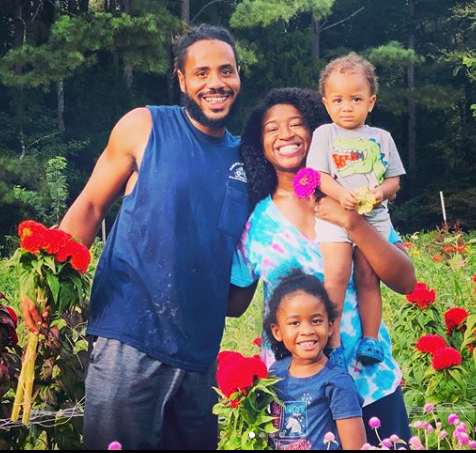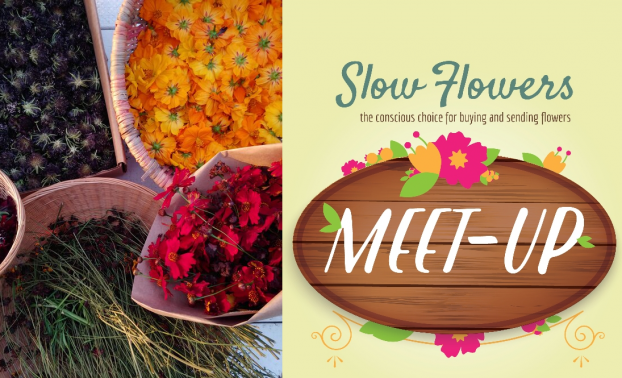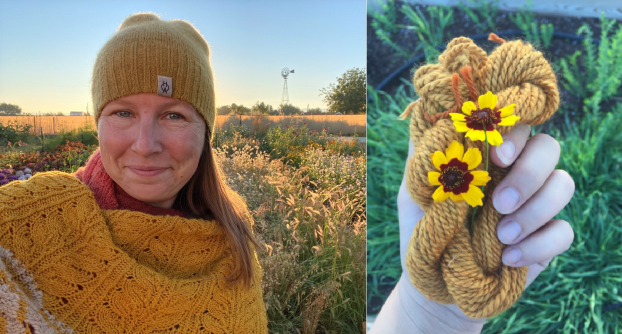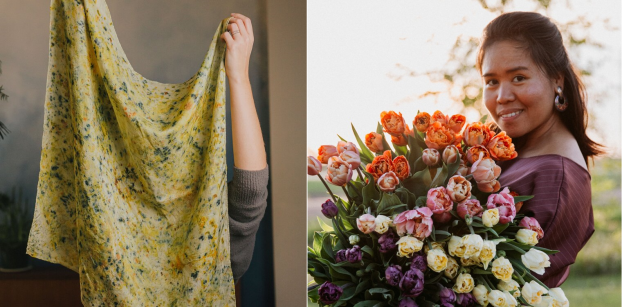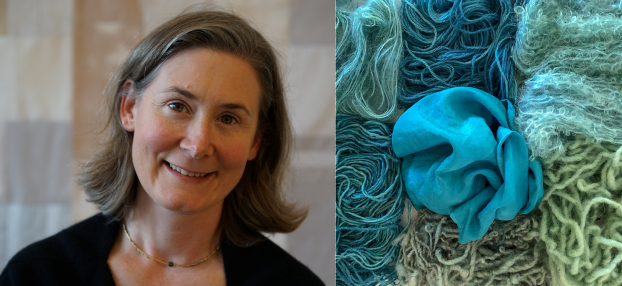Podcast: Play in new window | Download
Subscribe: Apple Podcasts | Podcast Index | RSS | More
The Slow Flowers Summit is one month away — it’s really impossible to believe as I speak that sentence, especially after having to postpone the 2020 Summit, which would have been our fourth consecutive year holding a live, in-person gathering to celebrate Slow Flowers Society and American Flowers Week.

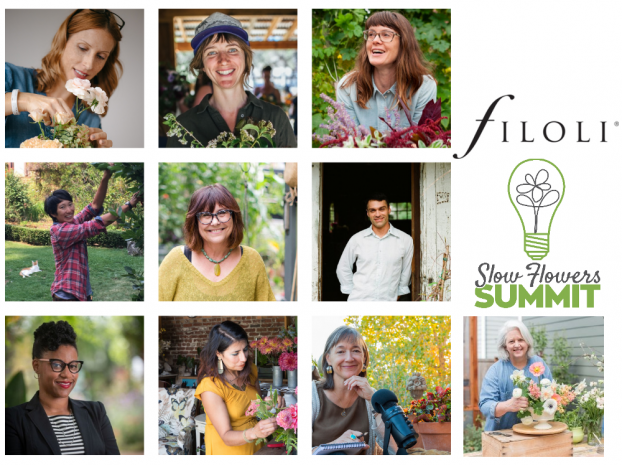
Alas, as each of you knows, little took place last year. However, as we entered 2021, with the availability of vaccinations and some incredibly creative event planning by Karen Thornton, our Summit event manager along with the leadership at Filoli Historic House & Garden, we now can joyously proclaim that the Slow Flowers Summit 2021 will take place on June 28-30th.
You have met many of our speakers on past episodes of the Slow Flowers Podcast, but in the coming weeks you will hear from several others. Consider this an introduction and a preview of their presentations coming up.

Today, I invited two of the three panelists who are part of Sustainable Farming x Floral Design – what I envisioned as a conversation about how sustainable farming practices influence design choices, aesthetics and style. Hear each presenter’s personal journey through farming to floral design, and enjoy visual inspiration as each demonstrates a signature arrangement using all locally-grown seasonal flowers.

Kellee Matsushita-Tseng will be moderating the panel, joined by Emily Saeger and Molly Culver. Today’s episode features a conversation with Kellee and Emily. Molly was unable to join us but I have a bonus for you — links to Molly’s past appearances on the Slow Flowers Podcast:
Episode 172: Brooklyn Grows Flowers! Meet Molly Oliver Culver of Molly Oliver Flowers
Episode 412: The Flowering of Brooklyn with Molly Oliver Flowers
Episode 451: From Grower to Designer to Consumer: How two floral models are changing and adapting, with Yvonne Ashton of Mayesh Wholesale Florist and Molly Culver of Molly Oliver Flowers
First, I’ll tell you a bit more about Kellee and Emily – and then we will jump right into the conversation:
Kellee Matsushita-Tseng is a queer, fourth generation Japanese-Chinese farmer. They are an educator and instructor at CASFS (The Center For Agroecology and Sustainable Food Systems) at UC Santa Cruz, training folks to grow a variety of fabulous fruits, flowers, and vegetables. They train growers in flower production, design, and sales for fresh markets and special events. They believe that cut flowers should be accessible to everyone, both for their cultural and spiritual significance, as well as for their beauty and sensory delight. Kellee is delighted to be part of creating a flower movement that is rooted in social and environmental justice. They are currently enamored by our native Matilija poppies, and excited to continue exploring design possibilities with other great natives.
Follow KELLEE on Instagram @bravenewseed
Emily Saeger is a Filoli Horticulture Alumni and currently pursuing a Masters in Landscape Architecture at the University of Washington. She has eight years of horticultural experience blend production agriculture, landscape maintenance, garden and floral design. She has worked for several notable Bay Area farms including, Fifth Crow Farm, Bluma Farm and Hidden Villa.
Prior to entering the Landscape Architecture program in the fall of 2020, Emily served as the Lead Horticulturist at Filoli, where she looked after the rose garden, cutting garden and orchard. Her design aesthetic is a blending of her work experience – foraged and cultivated, wild and formal – always designed with seasonality and senescence in mind. A strong believer in the healing powers of nature, through her gardens and floral design she hopes to facilitate this connection for all.
Follow EMILY on Instagram @emilyadelias
Thank you so much for joining our conversation today! There are still a few spaces left to attend the Slow Flowers Summit and you can find all those details at slowflowerssummit.com. We are so excited to welcome our attendees to a safe, in-person, COVID-compliant and mostly outdoor setting at Filoli Historic House and Garden. The countdown begins!
A few announcements:
If you missed last week’s Slow Flowers Member Virtual Meet-Up with Beth Van Sandt of Scenic Place Peonies and Brandon Scott McLean of East Hill Floral — two peony experts from Homer Alaska — we have the playback video to share with you!
Save the date for our next Slow Flowers Member Virtual Meet-Up on June 11th. More details to come but the theme is American Flowers Week!
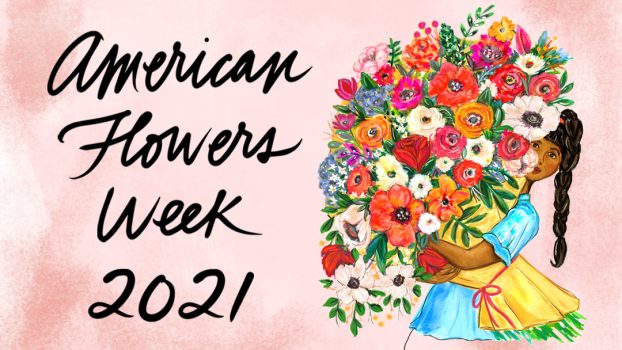
Speaking of American Flowers Week, which takes place June 28-July 4 each year, we’re heading into our 7th annual campaign! I want to share an invitation specifically for flower farmers who may be planning a special promotion, pop-up sale, workshop or other way to celebrate American Flowers Week. I’ll be writing a story about what flower farmers are doing during the campaign for an upcoming issue of Growing For Market — and I’m looking for ways to feature you and your plans. Please get in touch if you have something in the works! You can shoot me a note at debra@slowflowers.com.
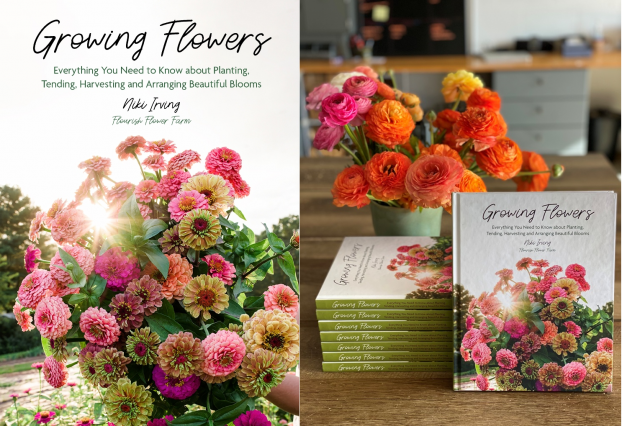
And finally, we have just drawn the winners for the May 12th book giveaway featuring Niki Irving’s new book, Growing Flowers. Niki is a longtime Slow Flowers member, a farmer-florist and owner of Flourish Flower Farm in Asheville, North Carolina. We discussed Growing Flowers, her first-ever book, and issued a giveaway challenge to our listeners. Thanks to the generous donation from Mango Publishing, we have two copies to give away to listeners. We asked you to post a photo of one or more of the flowers you are growing, and use the #growingflowrs hashtag, as well as tagging @flourishflowerfarm, @slowflowerssociety and @mangopublishing. We rounded up all of your posts and did a random drawing for the two books. Congratulations to Jenni Hulburt and Flower Folly Farm. We’ll be in touch to get your addresses for receiving a free copy of Growing Flowers. I know you’ll enjoy Niki’s new book!
Thank you to our Sponsors
This podcast is brought to you by Slowflowers.com, the free, online directory to more than 880 florists, shops, and studios who design with local, seasonal and sustainable flowers and to the farms that grow those blooms. It’s the conscious choice for buying and sending flowers.
And thank you to our lead sponsor for 2021, Farmgirl Flowers. Farmgirl Flowers delivers iconic burlap-wrapped bouquets and lush, abundant arrangements to customers across the U.S., supporting more than 20 U.S. flower farms by purchasing more than $9 million dollars of U.S.-grown fresh and seasonal flowers and foliage annually, and providing competitive salaries and benefits to 240 team members based in Watsonville, California and Miami, Florida. Discover more at farmgirlflowers.com.
For each Podcast episode this year, we thank three of our Major Sponsors:


Mayesh Wholesale Florist. Family-owned since 1978, Mayesh is the premier wedding and event supplier in the U.S. and we’re thrilled to partner with Mayesh to promote local and domestic flowers, which they source from farms large and small around the U.S. Learn more at mayesh.com.
The Gardener’s Workshop, which offers a full curriculum of online education for flower farmers and farmer-florists. Online education is more important this year than ever, and you’ll want to check out the course offerings at thegardenersworkshop.com.
Association of Specialty Cut Flower Growers. Formed in 1988, ASCFG was created to educate, unite, and support commercial cut flower growers. It mission is to help growers produce high-quality floral material, and to foster and promote the local availability of that product. Learn more at ascfg.org.
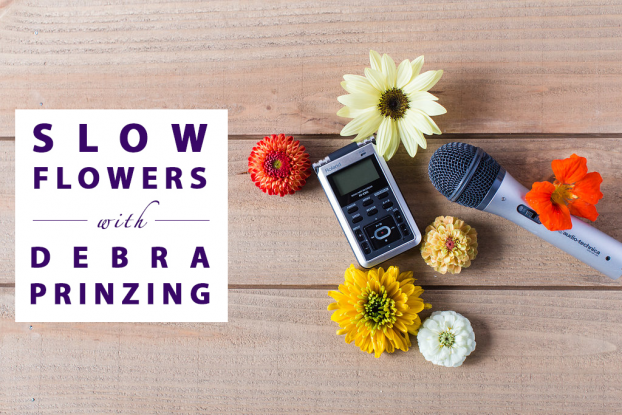
Thanks so much for joining us today! The Slow Flowers Podcast has been downloaded more than 730,000 times by listeners like you. Thank you for listening, commenting and sharing – it means so much. As our movement gains more supporters and more passionate participants who believe in the importance of our domestic cut flower industry, the momentum is contagious. I know you feel it, too.
I value your support and invite you to show your thanks to support Slow Flowers’ ongoing advocacy, education and outreach activities. You can find the donate button in the column to the right at debraprinzing.com
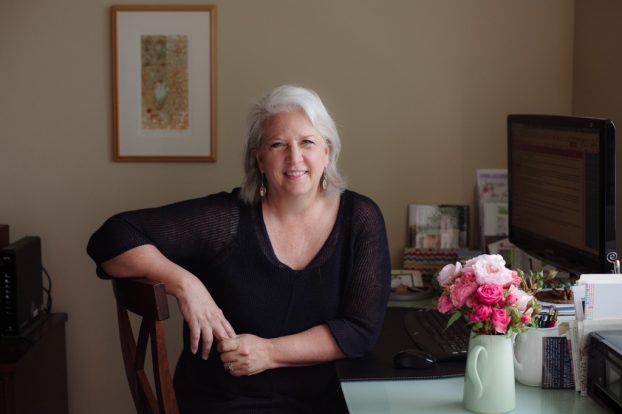
I’m Debra Prinzing, host and producer of the Slow Flowers Podcast. Next week, you’re invited to join me in putting more Slow Flowers on the table, one vase at a time. And If you like what you hear, please consider logging onto iTunes and posting a listener review.
The content and opinions expressed here are either mine alone or those of my guests alone, independent of any podcast sponsor or other person, company or organization.
The Slow Flowers Podcast is engineered and edited by Andrew Brenlan. Learn more about his work at soundbodymovement.com.
Music Credits:
Heartland Flyer; Turning on the Lights; Gaena
by Blue Dot Sessions
http://www.sessions.blue
Lovely
by Tryad
http://tryad.bandcamp.com/album/instrumentals
http://creativecommons.org/licenses/by-sa/3.0/
In The Field
audionautix.com









